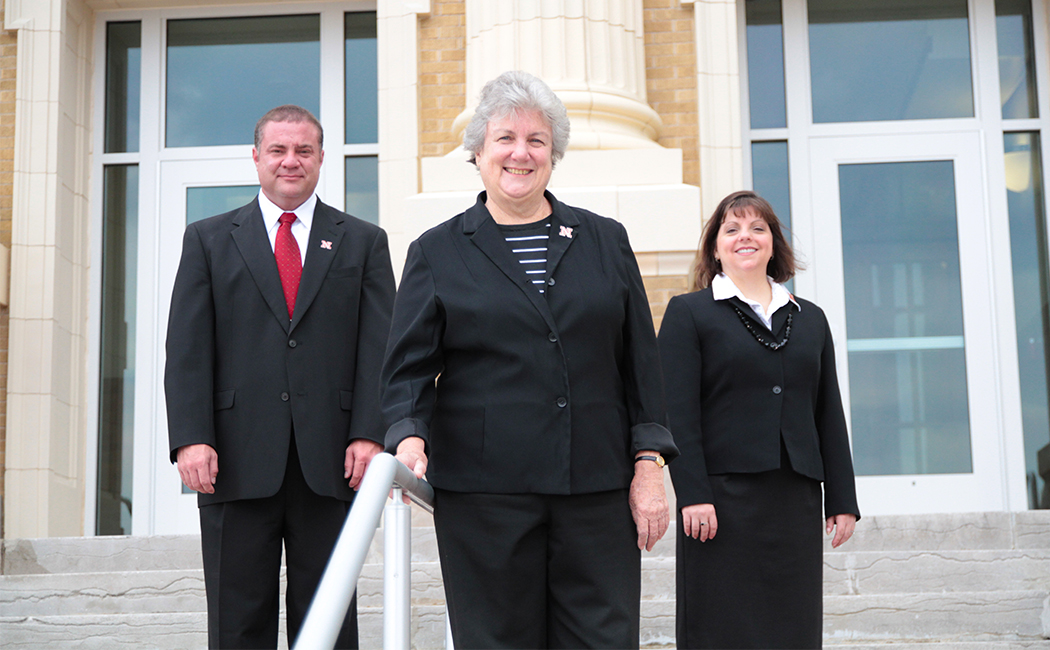
As students learn to think like a scientist, a CYFS research team is discovering how to best prepare teachers as they emphasize inquiry over traditional science instruction.
CYFS researchers will lead a webinar May 12 to discuss the process and findings of their project, “Coaching Science Inquiry (CSI) in Rural Schools.” CSI examines how professional development and follow-up coaching influences teachers’ implementation of guided science inquiry—a classroom approach designed to help students learn the methods used by scientists to study the natural world.
Gwen Nugent, research professor; Gina Kunz, research associate professor; and Jim Houston, CSI project director, will discuss their original project and a follow-up study in sustainability, which implemented peer coaching among teachers who participated in CSI.
The 90-minute webinar is part of a series hosted by REL Central, an educational laboratory, and is intended to engage a nationwide audience. The online session marks yet another opportunity for the CYFS team to share their findings with teachers, administrators and fellow researchers.
“Our project is one of the first to focus on science coaching, and the results show that it can positively impact teacher practice,” Nugent said.
More than 120 middle and high school teachers across rural Nebraska participated in the CSI project and used distance technology to connect with coaches. These coaches provided insight and feedback as teachers implemented guided science inquiry into their lesson plans.
As the project concludes, CYFS researchers have identified many of the “active ingredients” of effective coaching, which include implementation processes and relationship building. Ultimately, these ingredients demonstrate the power of repeated practice and effective instructional methods—which benefit both teachers and students.
“It’s important to invest in effective approaches to teacher professional development, such as coaching, because our overall goal is to improve student achievement,” Houston said.
To register online for the webinar, visit: https://attendee.gotowebinar.com/register/1415208168567561474
“Sustainable Coaching for Science Teachers: Distance-Based Peer Coaching.”
May 12, 2015
2:30-4 p.m. CST
More details at: http://go.unl.edu/cvu2